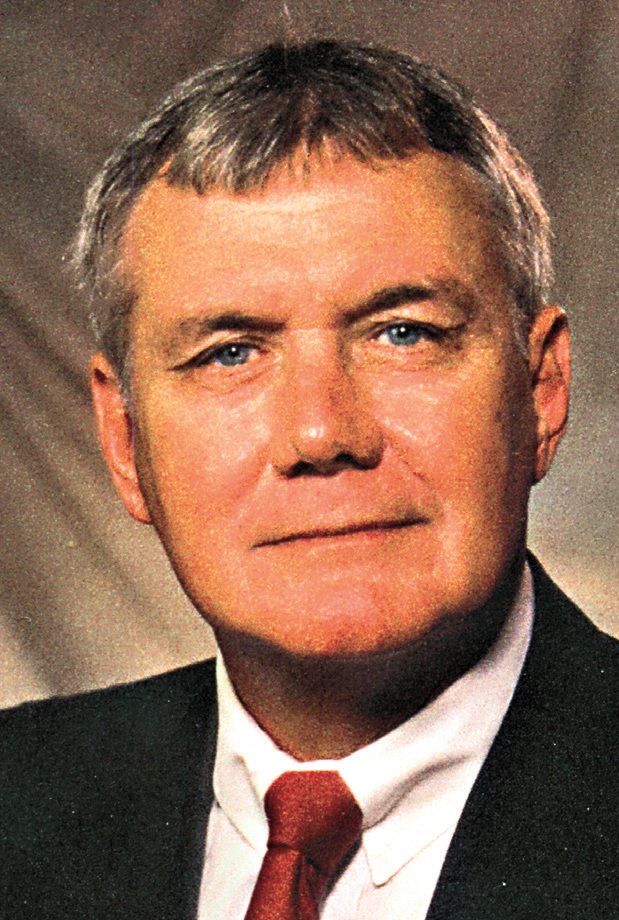
Lasseigne resigns from position in Lafourche Parish Government
August 5, 2015Some kind of angels
August 5, 2015The same symbol can mean many things to many
different people. The assignment of negative values to a symbol by people who don’t use it can be infuriating to some. The insistence of displaying a symbol others find offensive can foster ill will.
Add social media and a national controversy to the mix and you have a boiling cauldron of political poison.
This is the problem occurring locally, sparked by a Facebook post on the page of a school board member, Vicki Bonvillain.
Ms. Bonvillain’s meme – something she merely passed on from someone else’s page – shows a Confederate battle flag and suggests that those who find it offensive should also be off ended by the logos for the NAACP, the United Negro College Fund, the Black Panther Party and other organizations.
That Ms. Bonvillain had no intention of offending, a close examination of her Facebook posts over a long period of time reveals, is clear.
There is no reason or evidence to support any suggestion that Ms. Bonvillain supports the long-defeated Confederate cause, that she finds laudable the cause of those who later used the same flag to inflict terror during the years of the Civil Rights movement, and those who use it to intimidate today. That she did of end at the executive board of the Terrebonne Parish NAACP is equally clear.
In this issue of The Times we follow up the initial account from last week, noting Ms. Bonvillain’s Facebook apology, as well as her insistence that she does not owe NAACP President Jerome Boykin the courtesy of a meeting, as he had requested.
Public officials are entitled to their opinions. But with that entitlement – as with the exercise of any right – comes responsibility. That Ms. Bonvillain has chosen to ignore the responsibility any elected official has to account for their actions, noble or ignoble, good or bad, harmful or helpful, can be assigned, as her supporters have suggested, to her novice status as a public servant.
Ms. Bonvillain, notes her Native American heritage in her posts that contain apologies.
Since she herself brought the topic up, it can and should be noted that she and other Native Americans, including office-holders, might very well feel they have cause to see the U.S. stars and stripes as a symbol of oppression. It was under that banner that native people were forced onto the trail of tears, and massacred at Wounded Knee and so many other places.
It was also under that banner that heroes like Ira Hayes and other Native Americans, such as the celebrated code-talkers, and so many local war veterans from right here on these bayous, spilled their blood in the name of liberty.
But just because she herself might forgive the USA for its crimes against her own people doesn’t mean Jerome Boykin, the NAACP or anyone else is required to forgive the Confederate States of America or the post-reconstruction Southern governments that gave life to the laws of Jim Crow, or anyone they feel is suspect of glorifying that long-defeated cause.
Houma attorney Michael Billiot, a Native American who is wrapping up his practice of law here for careers in law and music in New York, is respected by both Bonvillain and Boykin.
He has encouraged the idea of both sitting down together and said that as leaders of minority communities in the Bayou Region, once face to face, they should have little difficulty finding common ground.
Boykin asked for a meeting.
Billiot says that overall problems of discrimination, allocation of resources, health care and poverty are matters of importance to both Bonvillain and Boykin.
We agree.
Perhaps, rather than knuckle-rapping people because of their beliefs, true community leaders can indeed do much good by gathering together and discussing
their common concerns.
Ms. Bonvillain herself has suggested in public forums that race-baiting and division are harmful.
We agree.
Rather than be concerned with public posturing, the place for both these leaders to best serve the community is in a private room, focusing on what together they and others can do to help move our communities toward the future, rather than remain bogged down in arguments that are a product of the past.








